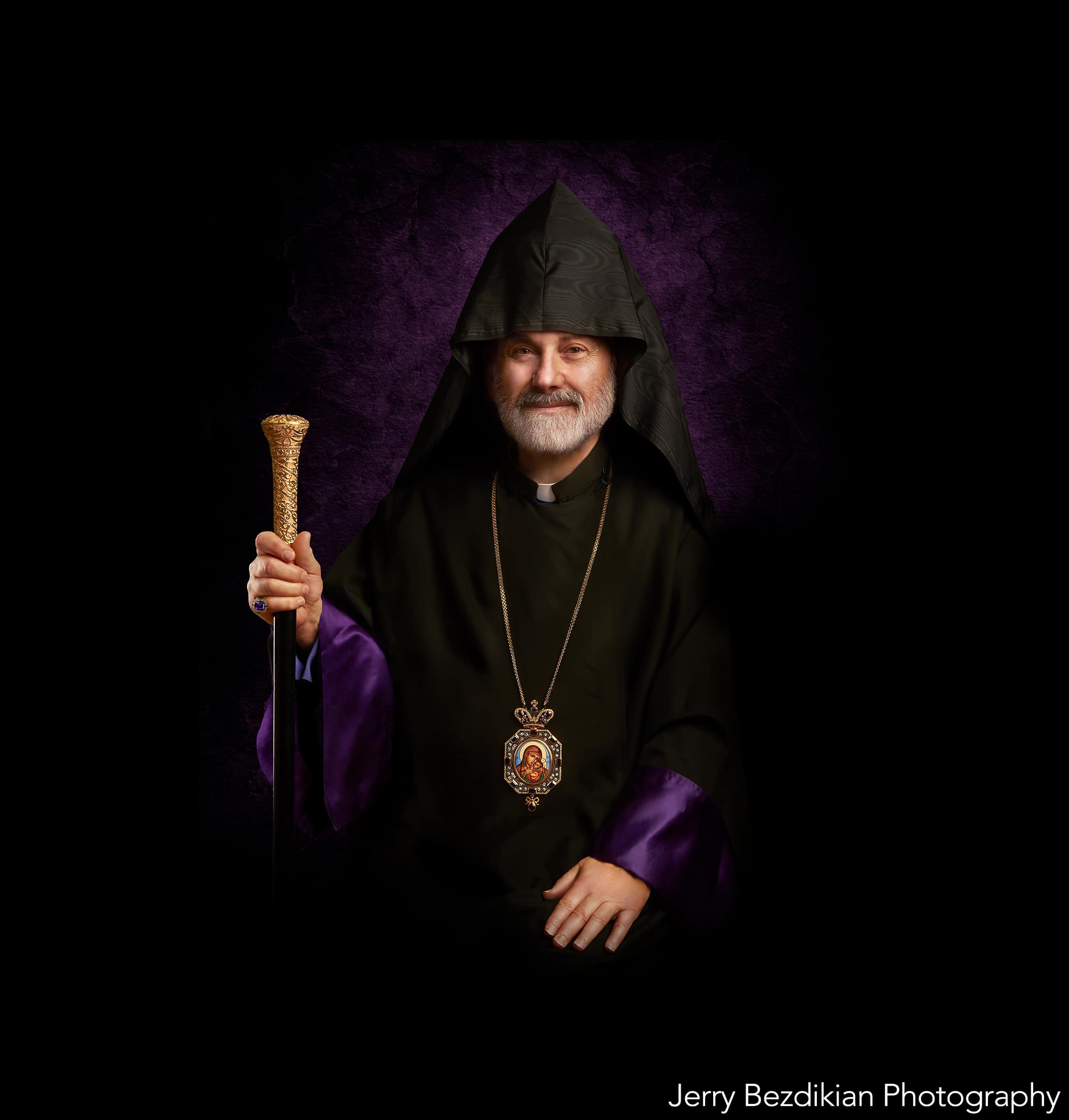The Prelate’s Sermon – November 14, 2021
Today on the 10th Sunday of the Feast of the Elevation of the Holy Cross, our Gospel reading is from Saint Lk 9:44-50, which presents an eloquent message of humility in action. However, I would like to seize the opportunity to reflect on the feast preceding this Sunday dedicated to the Apostles Philip and Andrew, mainly focusing on Saint Philip.
- The Apostle Philip, like Andrew, was from Bethsaida, which means the House of Mercy or Kindness. Upon the call of our Lord Jesus Christ, Philip follows Him promptly. Moreover, Philip finds his friend Nathanael, and encourages him to join this Rabbi who embodies the Laws and the Prophets. The latter, instead of welcoming this invitation, questions the earthly origin of Jesus, “Can anything good come out of Nazareth?” Philip without yielding to this sarcasm, challenges him by saying, “Come and see.” The rest is an incredible testimony of Nathanael (Jn 1:43-53), which is a separate topic by itself.
- Saint John, after narrating the triumphant entry of Jesus into Jerusalem, has recorded that some Greeks came to Philip and said to him, “Sir, we wish to see Jesus.” Philip in his turn tells Andrew about their request, and together they inform their Master, who solemnly announces, “The hour has come for the Son of Man to be glorified” (Jn 12:20-23).
- During the Last Supper, when Jesus refers to the relationship between the Father and Himself, Philip asks Jesus: “Lord, show us the Father, and we will be satisfied”. The request by Philip prompts our Lord to deliver a fundamental (and as it turned out, a final) instruction on the unity of the Father and His only Begotten Son (Jn 14:8-14).
- Philip was a witness of the great sign and miracle in feeding the five thousand (Jn 6:7). After the Pentecost experience, Philip assumed active roles in preaching in Samaria (Acts 8:4-13), and in the conversion of the Ethiopian Eunuch (Acts 8:26-39). A later tradition indicates that Philip traveled from Jerusalem to Antioch, and from Antioch to Caesarea (known to us Armenians as Gesaria in Cappadocia) where he continued to preach the Gospel. Eventually, he traveled to the western part of Asia Minor, and his tomb was recently discovered outside of Ephesus in Hierapolis. His relics were venerated by the Armenians in Amasia.
Philip, when compared with his fellow apostles, seems to have benefited from a special relationship which Jesus established with him very early in the ministry. Here are some examples of how Philip responded to the call to discipleship and how he accepted the responsibilities of preaching the gospel of the Good News.
- As soon as Philip was called, he wasted no time to share the exciting news with Nathanael. Moreover, he was not the kind of person who engaged in discussion or in argument in order to justify his view. Rather, by presenting the option, “Come and see,” he invited his friend to have his own direct relationship and to form his own impression about the Messiah.
- Philip was a positive and selfless intermediator. The context presented by the Evangelist John gives us a glimpse into an extremely busy situation. In order to secure the full success to introduce the Greek guests to Jesus, Philip does not hesitate to ask the help of his kinsman Andrew.
- Philip’s interrogative character was revealed in two cases, yet it was clear, as in the first case, that once he was provided with a clue, he would be content, as he said, “we will be satisfied.” This proves that it was not for the sake of arguing but humanly speaking to secure a point of gravity.
These precious characteristics of the Apostle Philip teach us:
- To share the good news and never to give up, even when we meet resistance in the course of our teaching and preaching.
- Introducing people to Jesus is the most gratifying service. We should not hesitate if assistance is needed to do so.
- Life is full of mysteries. When we address them to the Source of knowledge, in due time He will provide us with a satisfactory response. From the very beginning of His earthly mission Jesus encourages us, “Ask and it will be given” (Mt 7:7).
- With these valuable life-teachings, let us thankfully praise the All-Holy Trinity that always quenches our physical, intellectual and spiritual thirst. Amen.

